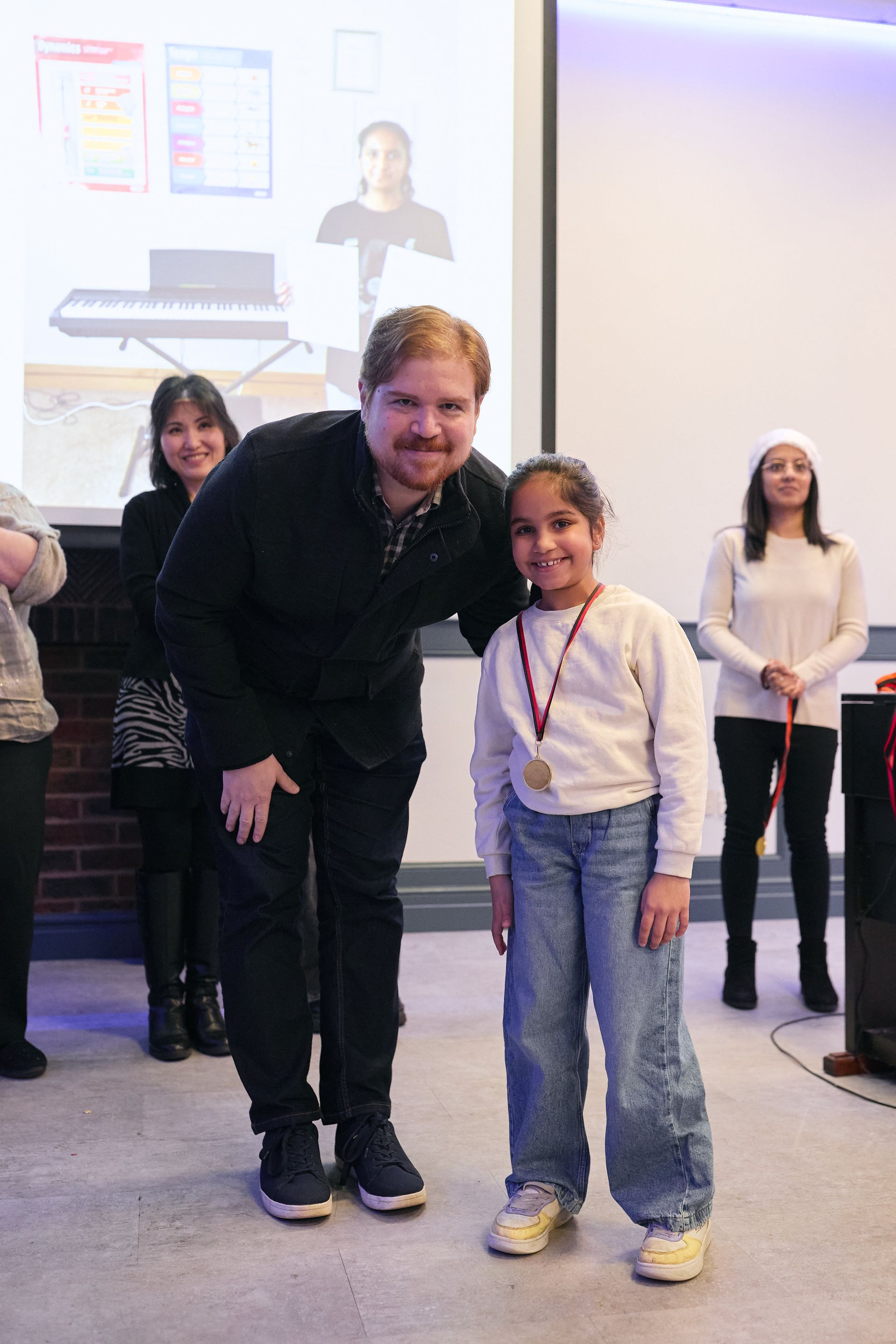ABRSM Music Exams for Music Students
The ABRSM (Associated Board of the Royal Schools of Music) Music Exams in London offer an array of benefits for aspiring musicians and music enthusiasts. Firstly, London is a hub for musical excellence, boasting some of the world's finest music schools and instructors. When candidates take their ABRSM exams in this vibrant city, they have the opportunity to receive guidance and instruction from experienced teachers who are well-versed in the ABRSM examination format. This means candidates can tap into a wealth of expertise, ensuring they are well-prepared to showcase their musical talents to the highest standard.
Secondly, London provides access to a diverse and rich musical culture that spans across genres and traditions. ABRSM exams encompass a wide range of musical styles, from classical to contemporary, and London's music scene reflects this diversity. Students can immerse themselves in the city's vibrant musical culture, attending concerts, performances, and workshops that can inspire and enhance their musical abilities. Exposure to this eclectic mix of music fosters a broader understanding and appreciation of music, which can significantly enrich the examination experience.
Lastly, taking ABRSM Music Exams in London provides candidates with international recognition and credibility. ABRSM is highly regarded worldwide, and London's reputation as a musical epicentre only enhances the prestige of earning an ABRSM qualification here. Successful candidates can use their ABRSM certification to open doors to further musical opportunities, whether it's pursuing higher education in music, auditioning for prestigious ensembles, or simply gaining recognition for their dedication and talent in the global music community. In essence, sitting ABRSM Music Exams in London is not just an examination; it's an immersion into a world of musical excellence, cultural richness, and boundless opportunities.
If you wish to know more about these hacks and resources, feel free to take a look around our website or connect with us directly!



